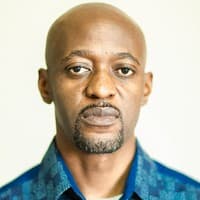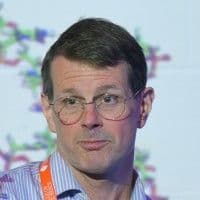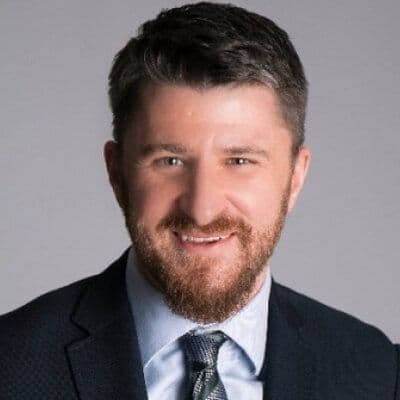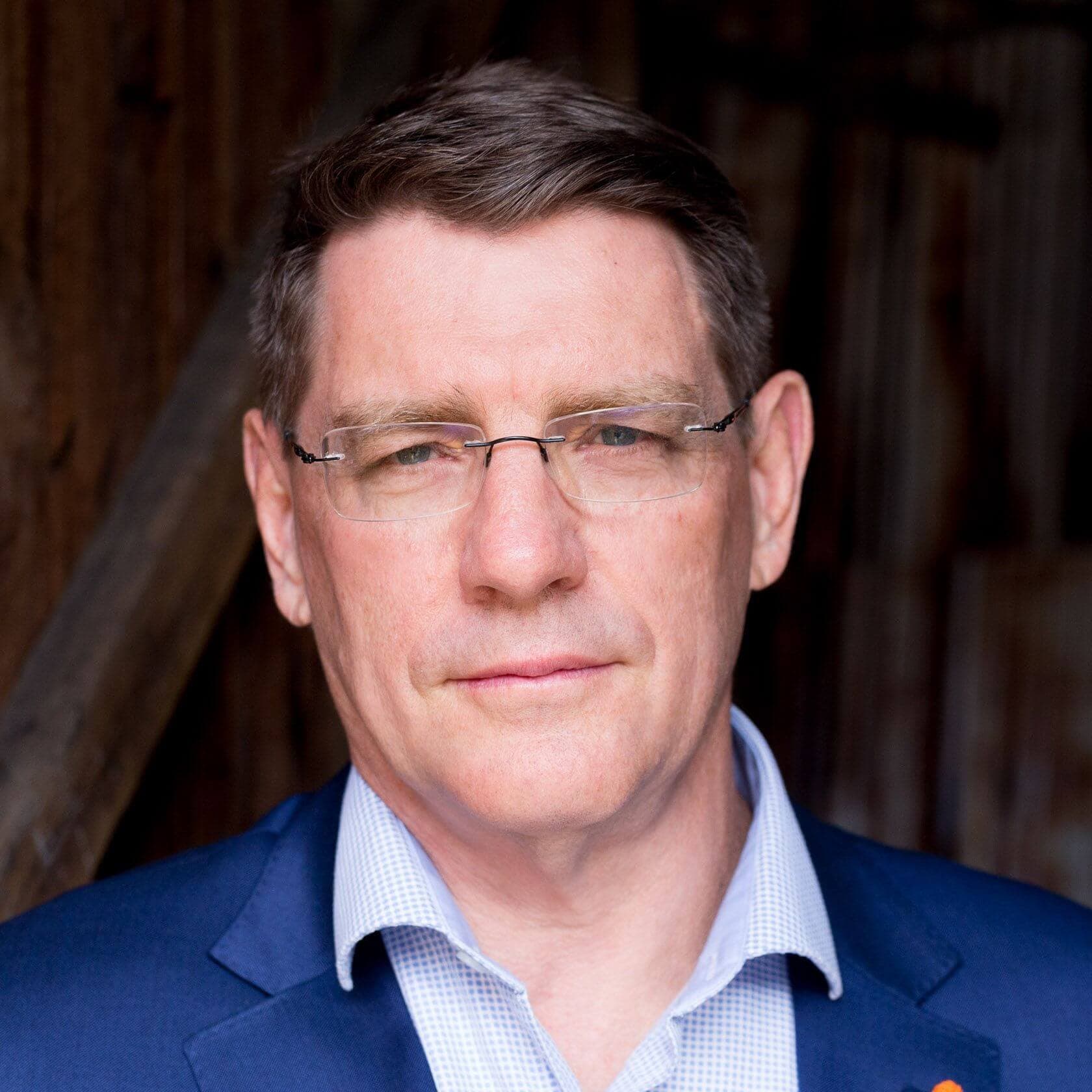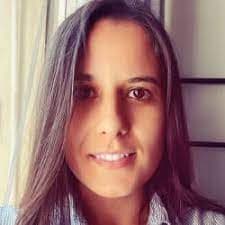/ EPISODE 67
On Defining Purpose, Process, and Value Props for OKR Success
GUESTS
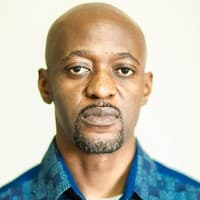
Mukom Tamon
Founder at The Chief Excellence Officer™️ Academy
Listen on
Listen on
Google Podcasts
Listen on
Pocket Casts
Listen on
Spotify
Listen on
Apple Podcasts
Listen on
Stitcher
or use this URL in your favorite podcast app: https://feeds.transistor.fm/dreams-with-deadlines
Episode notes
Host Jenny Herald’s guest on this episode of Dreams With Deadlines has traveled a fascinating road – one that culminated in the founding The Chief Excellence Officer™️ Academy. Mukom Tamon’s unique platform advocates for frontlines managers by providing them key change management tools and the resources to ensure excellence. He shares his perspectives on the interplay between various methodologies, highlights the power and nuance behind OKRs, and deconstructs his hybrid coaching framework – a blend of strategies to turn vision into execution.
What you will learn
- Mukom’s evolution in understanding how business systems build both efficiency and effectiveness – and books that opened his eyes along the way.
- The interplay between 4DX, OKRs, and their impacts on workplace cultures.
- How his SIPPR Canvas enables Mukom’s clients to adopt OKRs seamlessly based on clarity around how teams create, deliver, capture, and measure value.
- Initiating week-by-week forecasts that assess and ultimately activate resources, skills, budget, and tools to reach desired OKR outcomes.
- The difference between exploiting and exploring and how systems thinking can create an essential bridge between the two.
Show notes
- [00:00:49] OKR Origin Story: Personal Efficiency. How Mukom went from being an individual network engineer to developing credibility and excellence through efficiencies.
- [00:03:02] OKR Origin Story Pt II: Team Efficiency. Coming to understand that management success depends on processes that manage other people’s outcomes.
- [00:05:10] OKR Origin Story Pt III: Building Effectiveness. Establishing a framework to move from strategy to execution with the help of an epiphany after reading "The Four Disciplines of Execution," by Chris McChesney, Sean Covey, Jim Huling. It was Mukom’s bridge to OKRs!
- [00:07:30] From 4DX to OKRs: In response to teams who felt overworked and underappreciated, Mukom led his team co-create a "No Asshole, No Bullshit" OKR to support a healthier, stronger team.
- [00:11:31] The Role of Trust: How psychological safety and its impacts can be measured through behavioral indicators.
- [00:14:40] Elevators of Excellence: Why processes are to teams what habits are to individuals, and how they can be leveraged to build trust and improve weaknesses.
- [00:16:44] About OKRs with a Strategy: Why workplace cultures are integral to sustained, successful outcomes.
- [00:18:44] Exploit Versus Explore: Balancing the elements of 4DX and OKRs in the context of immediate needs and long-term workplace cultural development.
- [00:22:50] About Mukom’s SIPPR Canvas: Why silos don’t have to be a given and can be broken down with basic tools of communication and transparency.
- [00:26:30] Expanding an Application: How Mukom’s SIPPR Canvas adapts the Business Model Canvas to encompass team context, purpose and value propositions.
- [00:30:24] OKR Advantage: How having a clearly defined SIPPR canvas sets companies up to implement and adopt OKRs more quickly based on clarity around how teams create, deliver, capture, and measure value.
- [00:32:00] Real-Time Example: Mukom demonstrates his SIPPR canvas by applying inputs and outputs to the Dreams With Deadlines podcast’s goals and operations:
- Processes and projects.
- Short-, medium, and long-term benefits.
- Sources.
- Customer success management.
- Results metrics (such as leads, production, efficiency).
- Measurable, quantifiable OKRs based on data.
- [00:38:03] Using the SIPPR canvas framework both to exploit current capabilities and explore (and develop prototypes for) future outcomes.
- [00:39:22] About Mukom’s OKR Activation Canvas: How to define narrow objectives (important!) and deploy a quality matrix to measure key results.
- [00:41:40] Cultivating PET: Why it’s critical that managers be judicious and create systems that support Passion, Engagement, Time (and trust) among teams.
- [00:44:25] Key Indicators: About putting in place week-by-week check-ins to forecast (and ultimately activate) resources, skills, budget, and tools to reach desired outcomes.
- [00:47:15] An Agile Element: How Mukom’s framework injects systems thinking, enabling fluid processes that adapt to cultural challenges and predict OKR success.
- [00:48:44] Freedom Through Accountability: How Mukom rolled out OKRs to capture, measure, and deliver value in the context of a huge telecommunications concern.
- [00:50:48] Strength Out of Failure: Why Mukom is always proud to share his documented failures – the foundation on which he builds demonstrable, repeatable processes and success!
- [00:53:13] Going Wide: How Mukom documents clear, quantifiable results to bring leadership along when it comes time to expand OKR mandates across the organization.
- [00:55:33] Finding the Nuance: Why it’s so important to align OKR goals with internal systems and cultures, distinguishing between leadership strategy and team execution.
- [00:59:00] OKRs Are Not Strategy:
- Strategy defines where to play and how to win.
- OKRs clarify the recipe and build the culture to get you there.
- [01:01:47] Quick-Fire Questions for Mukom:
- What’s your Dream With a Deadline: To enable 10,000 frontline managers to achieve excellence in the next five years, using tools like his OKR Deployment Accelerator.
- What has been your most significant strategy failure to date? Failing to prioritize OKRs, believing they were applicable to everyone, everywhere all the time.
- Where do you think OKRs are headed? A period of backlash to their popularity and failures in the way they are executed only gets better with time and education about best practices.
Relevant links
- "The Four Disciplines of Execution," by Chris McChesney, Jim Huling, Sean Covey
- Measure What Matters," by John Doerr
- Learn what Peter Drucker actually said about "culture eating strategy for breakfast."
- "The 7 Habits of Highly Effective People: Powerful Lessons in Personal Change," by Stephen R. Covey
- About "The 13 Behaviors of Trust."
- "High Output Management ," by Andrew Grove
- Understanding Mukom’s SIPPR Canvas
- James Clear’s observation that "You do not rise to the level of your goals. You fall to the level of your systems."
- About "The Fifth Discipline: The Art & Practice of The Learning Organization," by Peter M. Senge
- "The OKRs Field Book: A Step-by-Step Guide for Objectives and Key Results Coaches," by Ben Lamorte
